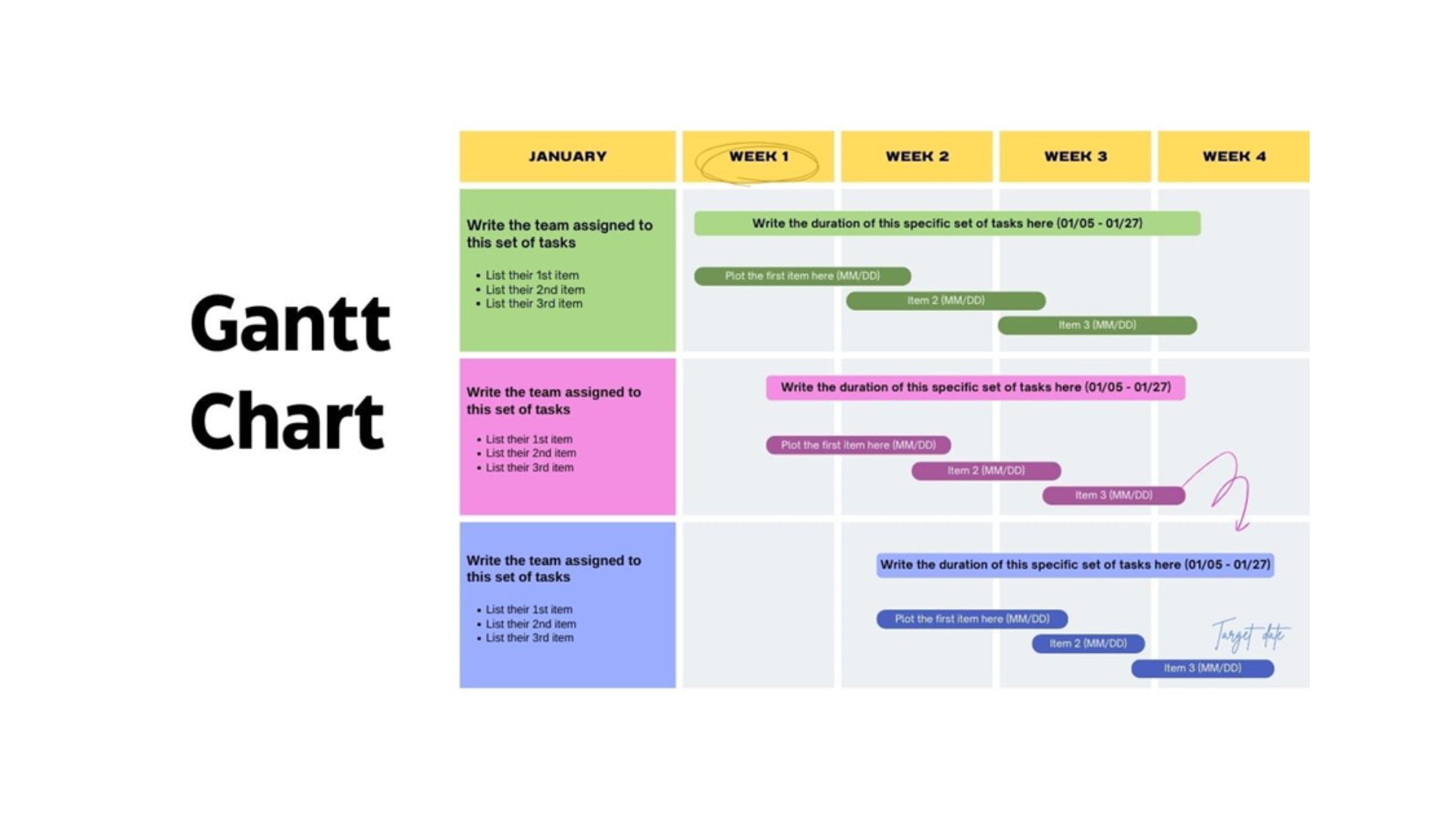Banking on Chief Data Officers
WHAT WE HAVE ON THIS PAGE
Gartner has predicted that 25 percent of organizations will employ chief data officers (CDOs) by 2017. The figure will be higher, 50 percent, in heavily regulated industries like banking and insurance, the research firm believes.
The financial services industry has a head start on many other industry sectors when it comes to appointing CDOs, found Capgemini. According to its report titled “Stewarding Data: Why Financial Services Firms Need a Chief Data Officer,” nearly 16 percent of financial services companies have CDOs, vs. 11 percent in health care and 9 percent in the public sector, for example. It’s been more than a decade since Capital One appointed Cathy Doss, believed to be the world’s first CDO, in 2002.
The need for CDOs seems clear, according to Capgemini, which notes in the report that 43 percent of organizations with chief data officers characterized their Big Data initiatives as successful, compared to 31 percent of organizations without a CDO.
4 Types of CDOs
Capgemini identified four different types of CDOs in financial services companies:
- Beginners, who have led a few Big Data initiatives but have not yet developed a comprehensive approach to data;
- Process-oriented CDOs, who focus on satisfying regulatory requirements for data;
- Value-oriented CDOs, who focus on using data to create new business opportunities;
- Big Data ready CDOs, who drive the overall data strategy encompassing both regulatory compliance and value creation
Process-oriented CDOs tend to work most closely with IT or risk management organizations, while value-oriented CDOs are often appointed by and based in business units. Because neither type of CDO enjoys a holistic view of data, their effectiveness will be limited, according to Capgemini. It advises both process-oriented and value-oriented chief data officers to strive to be more like Big Data ready CDOs.
Last summer when I interviewed Ursula Cottone, who at the time was CDO of KeyBank, she described a fairly quick trajectory from a process oriented data strategy to a more value oriented one. (According to Cottone’s LinkedIn profile, she is now chief data officer for Citizens Bank.)
Making Data an Enterprise Asset
While her primary role initially was to ensure the bank’s data met compliance requirements created by the Dodd-Frank Act and similar legislation, she told me, she quickly also began looking at how to use data to create competitive advantage.
“It’s one thing to have to pull together and aggregate data for regulatory purposes, but once you’ve done that, how can you use that data to drive revenue or efficiencies?” Cottone said.
While her background was squarely in business and not in IT and she reported to a marketing executive who in turn reported to the CEO, Cottone described herself as “an advocate for the use of data as an enterprise asset.”
Cottone emphasized the importance of shaping attitudes so employees see data as a strategic asset that belongs to an entire enterprise and not just individual business units. “… Sometimes you must go toe-to-toe with folks to persuade them to think of data from a different perspective,” she said.
She also cautioned against getting too caught up in the “weeds” of data quality, using a housekeeping analogy to make her point. “I say data is like laundry because it always gets dirty. You need to identify the areas you want to work on and how you will address them, with an emphasis on business outcomes. You cannot get too tied up in the laundry.”
Advice for Chief Data Officers
Cottone’s advice ties in nicely with some of the recommendations for chief data officers made by Capgemini in its report. Among them:
- Align the organization around a common vision for Big Data, and make sure it is communicated to business leaders throughout the organization so they can help promote understanding of the vision.
- Promote new uses of data across the enterprise, a task that will be facilitated by making data highly accessible to business teams in formats that do not require expert intervention.
The Capgemini report also shares insights from TD Ameritrade Chief Data Officer Derek Strauss, who stresses the importance of what he calls the “four As of data:”
- Keep it Accurate
- Allow it to be Accessible
- Make it Actionable
- Use advanced Analytics to deliver results
Ann All is the editor of Enterprise Apps Today and eSecurity Planet. She has covered business and technology for more than a decade, writing about everything from business intelligence to virtualization.

Public relations, digital marketing, journalism, copywriting. I have done it all so I am able to communicate any information in a professional manner. Recent work includes creating compelling digital content, and applying SEO strategies to increase website performance. I am a skilled copy editor who can manage budgets and people.








